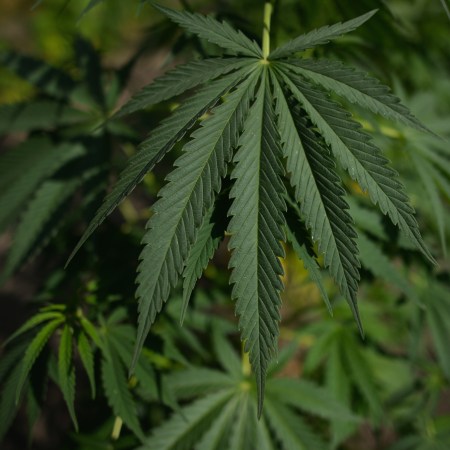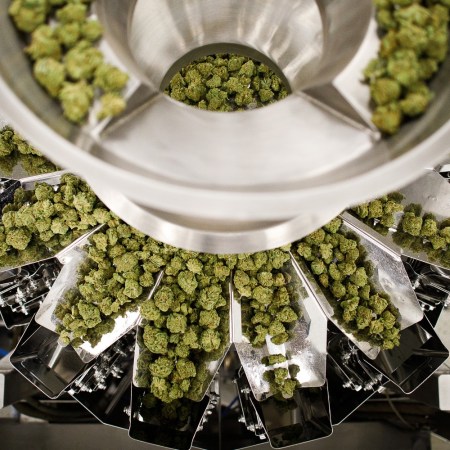There are plenty of advantages to being a pioneer in a certain industry. Colorado was one of the first states to legalize the recreational use of marijuana, and for a time that made its recreational dispensaries a success story. Plenty of people are still buying legal weed in the Centennial State, but the narrative surrounding its weed shops now has a new theme — and it’s more than a little cautionary.
In a detailed new report at Politico, Mona Zhang wrote about the shifts within the state’s recreational marijuana industry. There are a few issues that connect directly to pot’s paradoxical status: legal on state levels, still illegal on federal levels. (One business owner Zhang interviewed mentioned having been audited every year in the last decade.) According to Politico, the industry took in $1.5 billion in 2023, down from $2.2 billion three years earlier.
But there’s also one big issue cited that relates to the perils of being first: as states around Colorado began following Colorado’s lead, customers who’d been crossing state lines for their weed purchases no longer had to do so. Nevada, for instance, legalized recreational marijuana in 2017. Another issue that Zhang pointed to is the difference in regulations between Colorado and other states nearby. She noted that New Mexico allows customers to buy more recreational weed — and edibles with stronger concentrations of THC.
Outside Lands Becomes First Major U.S. Music Festival to Offer Legal Weed
California approved the sale and consumption of pot at the San Francisco eventThere are some encouraging signs in the article as well. Notably, there’s bipartisan support to overhaul Colorado’s marijuana laws based on how the last 10 years have gone for businesses based in the state. And some of the business owners quoted in the piece pointed out that they’re still doing well. “On a standalone basis, we’re still very successful here,” Joe Hodas of the edibles company Wana told Politico. There are some pitfalls to being among the first to enter a space — but it can also have its rewards. And $1.5 billion is nothing to sneeze at.
This article was featured in the InsideHook newsletter. Sign up now.



















